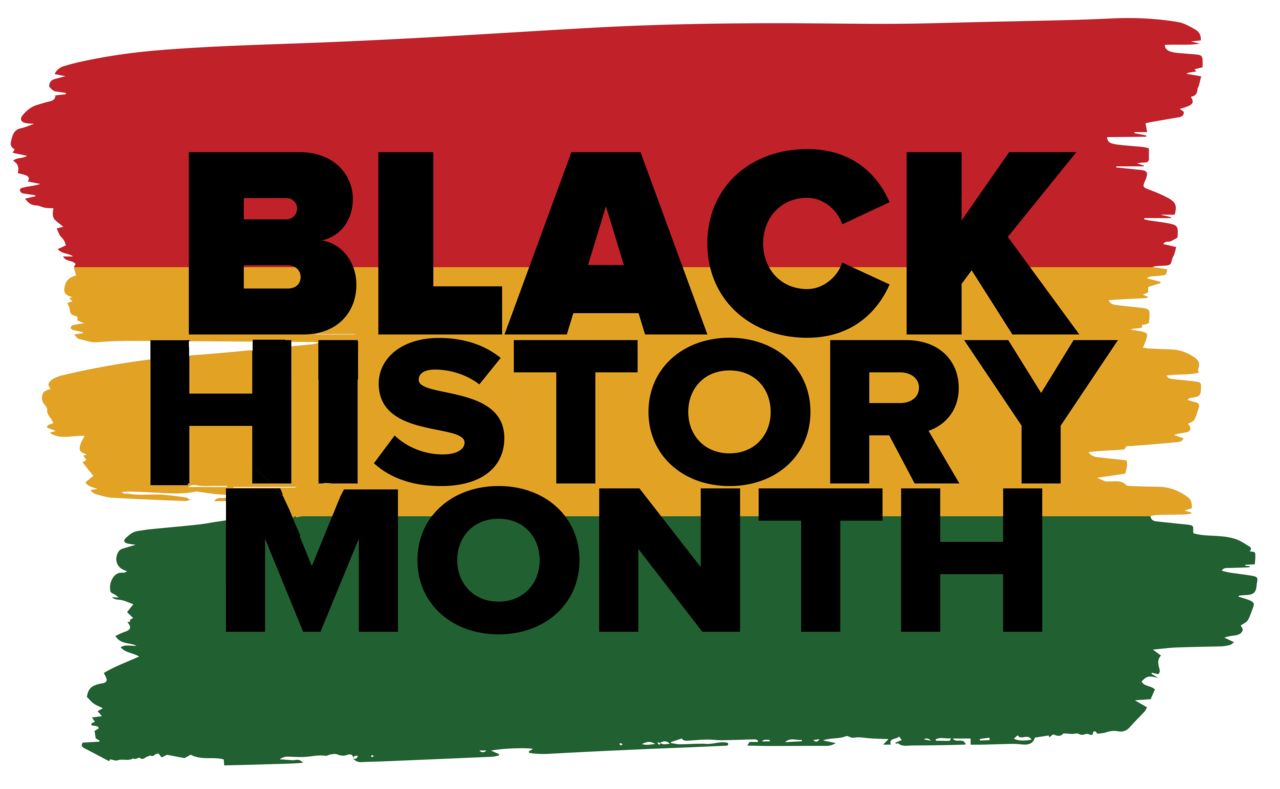

Celebrating Minority Health Organizations during Black History Month
By Deasia Lamar, Communications Intern
February is Black History Month. During this month, the National Health Council (NHC) recognizes and salutes the contributions that the Black community continues to make in the health ecosystem. Despite historical and institutional discrimination, minority health organizations have risen to make significant changes in patient-first, quality care for underserved communities. This February, the NHC highlights the history of our member organizations that encourage and empower Black patients, health care professionals, and advocates in the fight for health equity.
Association of Black Cardiologists
The Association of Black Cardiologists (ABC) is a nonprofit organization with an international membership of health professionals, community health advocates, corporate members, and institutional members. The ABC’s mission is to promote the prevention and treatment of cardiovascular disease, including stroke, in Black people and other minorities and to achieve health equity for all through the elimination of health disparities. The Association of Black Cardiologists was founded in 1974 by Richard Allen Williams, MD, FACC along with 17 dedicated medical professionals. Their vision was to bring attention to the unique and adverse impact that cardiovascular disease has on African Americans. Dr. Williams began the ABC newsletter and served as ABC’s president for 10 years before becoming the first chairman of the Board of Directors.
In 1980, the Association of Black Cardiologists established the endowed Dr. Richard Allen Williams Scholarship for Black medical students. Through their belief in the need to bring special attention to cardiovascular disease in African Americans, the ABC has now grown to over 1,800 health care professionals, advocates, corporate members, and institutional members that continue to carry out Dr. Williams’ original mission.
Learn more about the Association of Black Cardiologists.

National Black Nurses Association
The National Black Nurses Association (NBNA) came to being in the late 1960’s and early 1970’s, a time when many Black people joined together in order to demand equality and fight against discrimination and racism. On the edge of the Civil Rights Movement, Betty Smith Williams and Barbara Johnson led black nurses and leaders to create the Council of Black Nurses in Los Angeles in 1968. This was followed by the formation of the Black Nurses Association in San Francisco in 1969. The San Francisco council was led by Florence A. Stroud and Carlessia Hussein.
Due to long standing discriminatory laws, Black nurses and patients alike often experienced frustration and faced racism while navigating the health care system. The primary goals of the two associations were to unite Black nurses to influence health care services for Black people and to promote the inclusion of Black people in nursing education and nursing leadership positions. In 1970, the Los Angeles and San Francisco Bay Area Black Nurses Association met and planned the first statewide conference of Black nurses. The conference attracted Black nurses from across the country. The National Black Nurses Association was then founded in 1971 by Dr. Lauranne Sams, former Dean and Professor of Nursing, School of Nursing, Tuskegee University.
Today, the National Black Nurses Association represents 308,000 African American registered nurses, licensed vocational/practical nurses, nursing students, and retired nurses from the USA, Eastern Caribbean, and Africa, with 114 chartered chapters, in 34 states. The NBNA serves as the voice for Black nurses and diverse populations ensuring equal access to professional development, promoting educational opportunities and improving health.
Find out more about the National Black Nurses Association.

National Minority Quality Forum
The National Minority Quality Forum (NMQF) was founded in 1998 to address the critical need to strengthen national and local efforts in the use of evidence-based, data-driven initiatives to guide programs. These programs aim to eliminate the disproportionate burden of premature death and preventable illness for racial and ethnic minorities and other special populations. The NMQF is a research and educational organization dedicated to ensuring that high-risk racial and ethnic populations and communities receive optimal health care. The NMQF’s use of science research and analysis aims to assist health-care providers, professionals, administrators, researchers, policy makers, and community and faith-based organizations in delivering appropriate health care to minority communities, as aligns with their mission statement and values.
Check out the National Minority Quality Forum to learn more.



